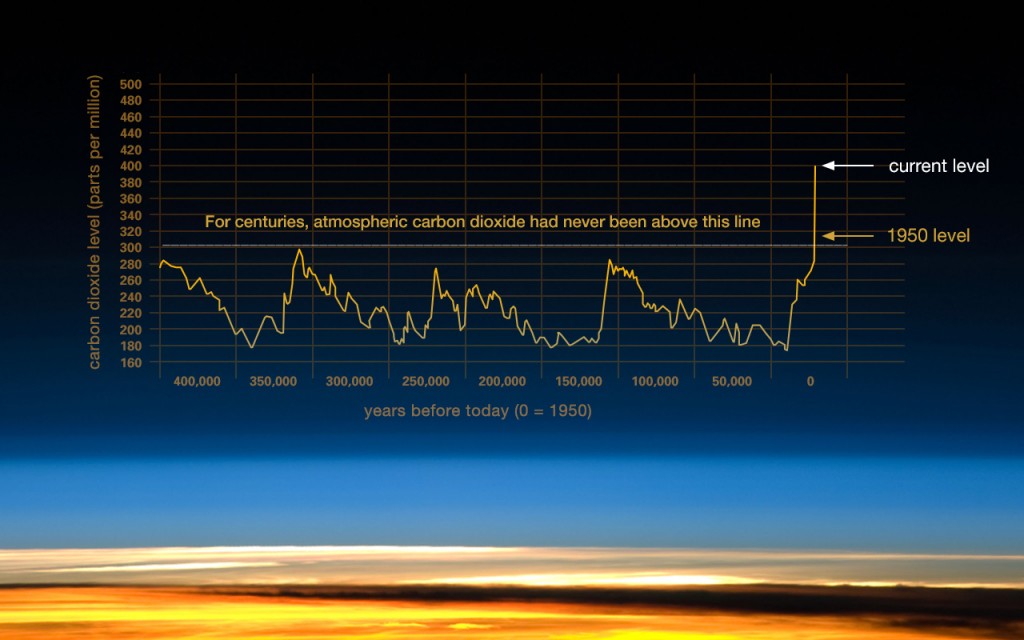There is now approximately 7 Billion people on planet earth a truly staggering number, if we all produce 1kg of waste per week 7 billion kg of waste is being produced every week, even on a global scale this is a massive amount of waste. Waste management varies from country to country, in less advanced countries open rubbish dumps are used as the main method of dealing with waste which leads to massive environmental and health issues. With more advance countries with a large amount of land, landfill is the most popular chosen method of dealing with waste, recycling is obviously part of the process but even so huge amounts of waste are being buried each year which leads to a number of issues.
Industrial waste incineration dramatically reduces the amount of waste going into land fill and produces energy as a byproduct, A number of countries in Europe and Scandinavia use industrial waste incineration as a way to manage waste, unfortunately the climate change debate has cast incineration in a bad light because Co2 discharge is part of the incineration process, in addition and more relevant to the environment are unwanted products of combustion including acid gas, heavy metals and dioxins, there have been massive improvement in the treatment of flue gases heavy metals are captured and high temperature incineration destroys acid gas and dioxins, flue gases are monitored throughout the combustion process with fail safe flue gas storage and flaring now built into many modern incinerators.
It would be a great shame for Co2 discharge regulation to put a stop to incineration as off setting Co2 discharge via carbon capture would seem like a far more logical way to all incineration of waste to continue.

